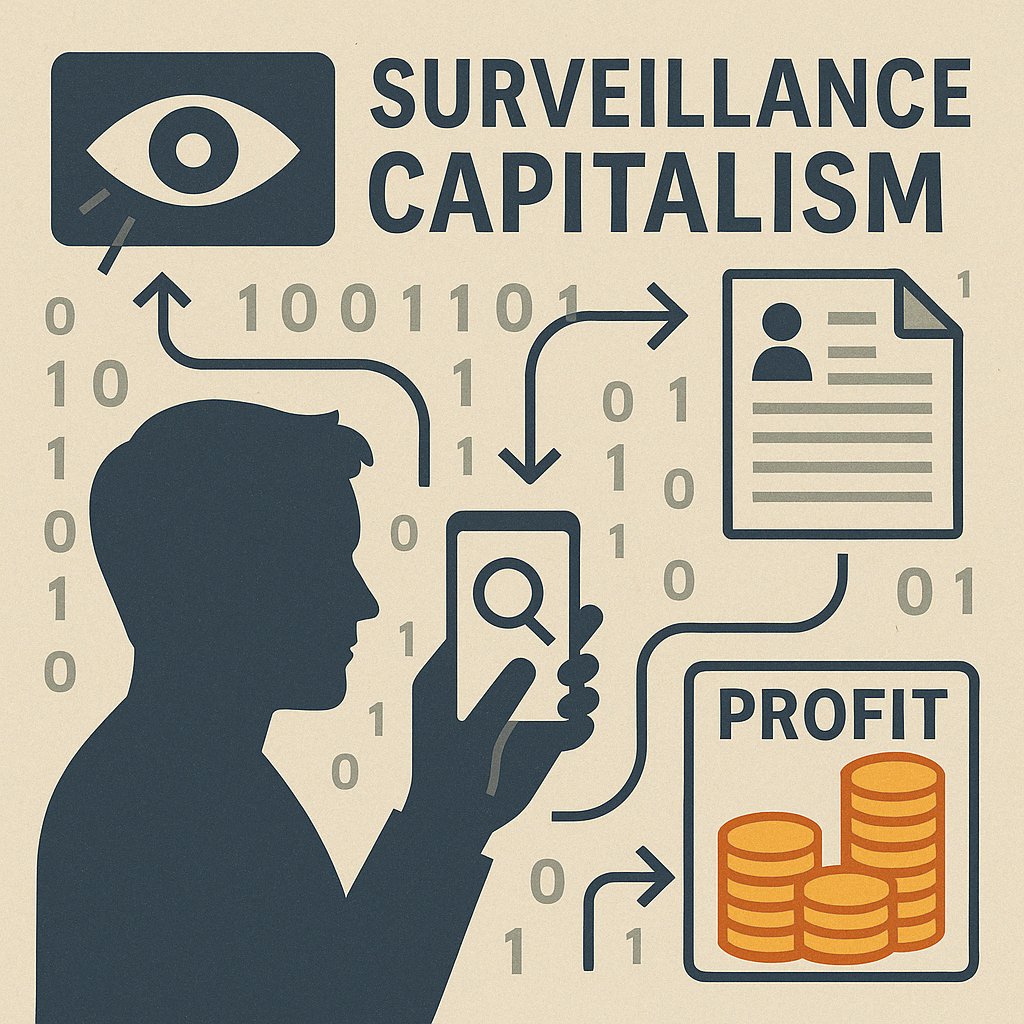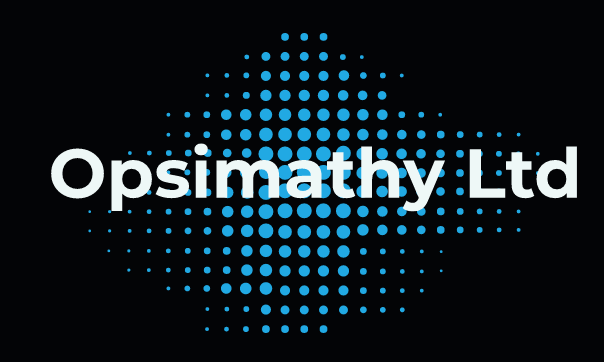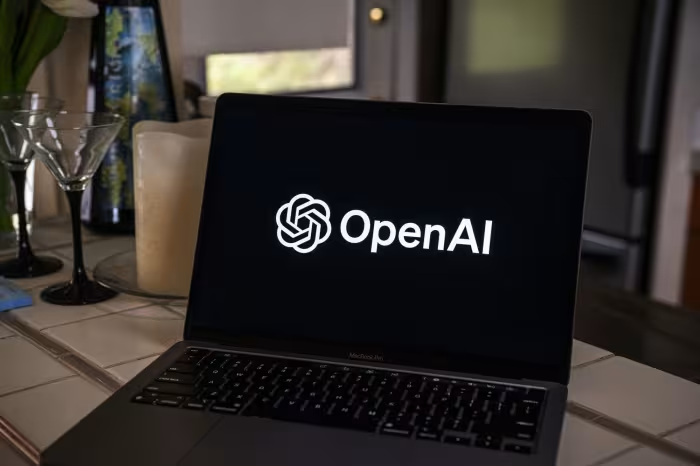
Imagine if someone followed you around all day, watching everything you do, noting what you like, where you go, and even how you feel. Now imagine that data being sold to influence your decisions, without your full knowledge. Welcome to the world of surveillance capitalism.
What Is Surveillance Capitalism?
Coined by Harvard professor Shoshana Zuboff in her 2019 landmark book The Age of Surveillance Capitalism, the term describes a new economic logic built on turning personal data into profit. Unlike traditional capitalism, which relies on producing goods and services, surveillance capitalism extracts behavioural data to predict and influence consumer behaviour, often without informed consent.
“Surveillance capitalism unilaterally claims human experience as free raw material for translation into behavioral data.” – Shoshana Zuboff, The Age of Surveillance Capitalism (2019)
At its core, it’s a system where human behaviour is tracked, analysed, and sold — not just to understand us, but to shape our actions in the future.
How It Works
Most of us interact with surveillance capitalism daily, often without realising it. Here’s how it typically unfolds:
Data Collection: Tech companies gather massive amounts of data from our online (and increasingly offline) activities — search histories, location, likes, purchases, even voice and facial expressions.
Data Analysis: That data is fed into AI and machine learning models to predict our future behaviour — what we might buy, vote for, or click on.
Data Monetisation: These predictions are sold to advertisers, political campaigns, and other third parties who use them to tailor messages designed to influence decisions.
This model is used by giants like Google, Meta (formerly Facebook), Amazon, and others — companies whose free services we use every day, often without realising the actual cost we’re paying.
The Power Imbalance
One of the most concerning aspects of surveillance capitalism is the asymmetry of knowledge and power. These companies possess vast amounts of information about us, while we have almost no knowledge of how our data is used or monetised.
As Zuboff warns, “This is a world where the future of your behaviour is the product.”
The shift is subtle but profound. It’s no longer just about serving our needs — it’s about modifying our behaviour for someone else’s gain.
Why It Matters
Surveillance capitalism raises significant concerns:
Privacy Erosion: Individuals have limited control over how their data is collected and used.
Manipulation: Targeted content can shape beliefs and behaviours, from purchases to political opinions.
Democracy at Risk: Data-driven political targeting can undermine public discourse, as seen in scandals like Cambridge Analytica.
Consent Illusions: Many privacy policies are complex and designed to encourage compliance rather than informed choices.
What Can Be Done?
The conversation around surveillance capitalism is growing, and so are calls for change:
Stronger Regulations: The General Data Protection Regulation (GDPR) in Europe and the California Consumer Privacy Act (CCPA) in the U.S. are steps toward giving individuals more rights over their data.
Transparency Demands: Users are increasingly demanding to know what data is collected and how it’s used.
Ethical Tech Development: Movements are emerging around ethical AI and privacy-by-design frameworks.
Ultimately, informed users and responsible governance are key to curbing the unchecked power of surveillance capitalism.
Final Thoughts
Surveillance capitalism isn’t just a tech issue — it’s a societal one. Understanding how your data is turned into profit empowers you to make more conscious digital choices and join the larger conversation about how we want technology to shape our world.
References
Zuboff, S. (2019). The Age of Surveillance Capitalism: The Fight for a Human Future at the New Frontier of Power. PublicAffairs.
Cadwalladr, C., & Graham-Harrison, E. (2018). Revealed: 50 million Facebook profiles harvested for Cambridge Analytica. The Guardian. https://www.theguardian.com/news/2018/mar/17/cambridge-analytica-facebook-influence-us-election
European Union. (2016). General Data Protection Regulation (GDPR). https://gdpr.eu/
California Consumer Privacy Act (CCPA). (2018). State of California Department of Justice. https://oag.ca.gov/privacy/ccpa



